Discover Your Roots
SIGN UPDiscover Your Roots
SIGN UPSherman is a male name of English origin, meaning "Cloth Cutter." It is derived from the occupation of cutting cloth, reflecting a practical and industrious nature. Famous bearers include William Tecumseh Sherman, a prominent American Civil War General. The name has also been associated with various places in the United States, including towns, villages, and ghost towns, as well as Antarctica and Canada. In addition, Sherman has been used in fictional contexts, such as the character in The Rocky and Bullwinkle Show and the comic strip Sherman's Lagoon. The name has also been linked to ships, including a Union Civil War gunboat and a United States Coast Guard cutter. Furthermore, Sherman has been connected to various other uses, such as a former American racing car constructor and an apartment building on the National Register of Historic Places.
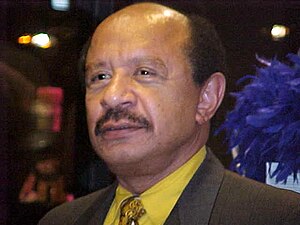
Sherman Alexander Hemsley (February 1, 1938 – July 24, 2012) was an American actor best known for his iconic role as George Jefferson on the CBS television series All in the Family and its spin-off, The Jeffersons. His portrayal of George Jefferson earned him critical acclaim, including a Golden Globe Award nomination and an Emmy Award nomination. Hemsley also showcased his talent in other notable roles, such as Deacon Ernest Frye on the NBC series Amen and B. P. Richfield on the ABC series Dinosaurs.Hemsley's journey to stardom began in South Philadelphia, where he was raised by his hardworking mother. After serving in the United States Air Force, he pursued his passion for acting, eventually making his Broadway debut in the early 1970s. His career reached new heights when he was cast by Norman Lear to play George Jefferson, a role that would solidify his status as a television legend. Throughout his career, Hemsley continued to captivate audiences with his charismatic performances, making appearances in various television series, films, and stage productions. His contributions to the entertainment industry were celebrated with his induction into the Television Academy Hall of Fame in 2012. Sherman Hemsley's legacy lives on as a beloved figure in American television history.
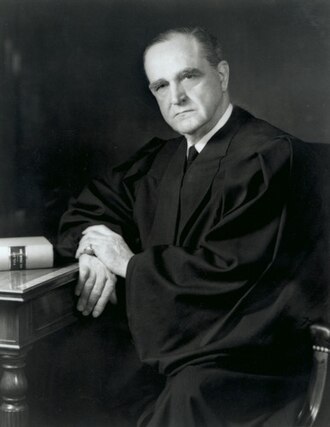
Sherman "Shay" Minton (1890-1965) was an American politician and jurist who served as a U.S. senator from Indiana and later became an associate justice of the Supreme Court of the United States. Born in Georgetown, Indiana, Minton's early exposure to politics and personal hardships shaped his lifelong commitment to public service. After serving as a captain in World War I, he embarked on a legal and political career, eventually becoming a prominent member of the Democratic Party.Minton's political journey was marked by his defense of New Deal legislation during the Great Depression and his role as a key ally of President Franklin D. Roosevelt. His appointment to the Supreme Court by President Harry S. Truman solidified his legacy as the last member of the United States Congress to be named to the highest court. Throughout his tenure, Minton advocated for judicial restraint and a deferential approach to the political branches of government, which sometimes led to contrasting stances as a partisan senator and a conservative jurist.Despite differing opinions on his judicial record, Minton's commitment to his principles and his efforts as a peacemaker and consensus builder on the Court are recognized by historians. His legacy is honored by the Sherman Minton Bridge in southern Indiana and the Minton–Capehart Federal Building in Indianapolis. Minton's life and career exemplify a dedication to public service and the pursuit of justice in the American legal and political landscape.
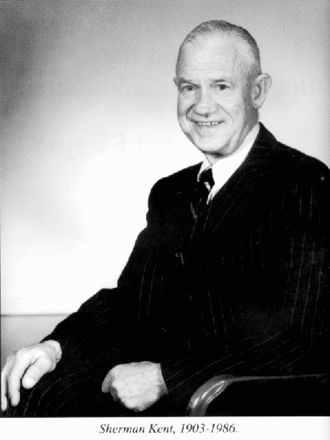
Sherman Kent (1903-1986) was a renowned Yale University history professor and a pivotal figure in the Central Intelligence Agency (CIA), known as "the father of intelligence analysis." Born into a family with a rich legacy, including a U.S. Congressman and a women's rights activist, Kent initially pursued academic endeavors, graduating from Yale University in European history. However, his career trajectory shifted with the outbreak of World War II, leading him to join the Office of Strategic Services (OSS), where he played a crucial role in intelligence preparation for Operation Torch, the Allied invasion of North Africa. Following a post-war period at the National War College, Kent returned to Yale before being summoned to Washington, DC, during the Korean War crisis to establish the CIA Office of National Estimates (ONE). Serving as its chief for 15 years, Kent oversaw the preparation of numerous National Intelligence Estimates, despite facing challenges such as McCarthy-era accusations and predictive failures during the Cold War. His enduring legacy lies in formalizing analytical methodologies and promoting knowledge transfer within the intelligence community. Upon retiring in 1967, Kent passed away in 1986, leaving behind a wealth of insightful publications and a lasting impact on the field of intelligence analysis. In his honor, the CIA established the Sherman Kent School for Intelligence Analysis to uphold professionalism in intelligence analysis.
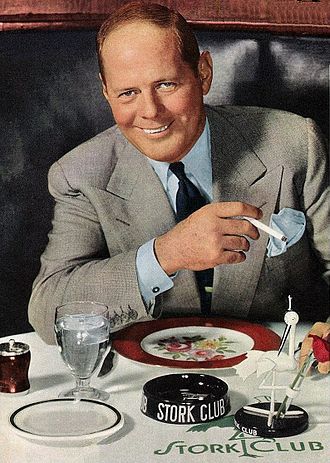
John Sherman Billingsley (March 10, 1896 – October 4, 1966) was a prominent American nightclub owner known for founding and owning New York's renowned Stork Club. Born in Enid, Oklahoma, he became involved in the bootlegging business at a young age, eventually moving to New York City. In 1929, he established the Stork Club, which became a hotspot for the elite and was renowned as "New York's New Yorkiest place." Billingsley's connections with influential figures like commentator Walter Winchell and his knack for attracting high society clientele contributed to the club's success. Notably, he was married to Hazel Donnelly and had three daughters. Throughout his career, Billingsley made a significant impact on New York City's nightlife and social scene. His life and achievements are chronicled in Ralph Blumenthal's book, "Stork Club: America's Most Famous Nightspot and the Lost World of Café Society."
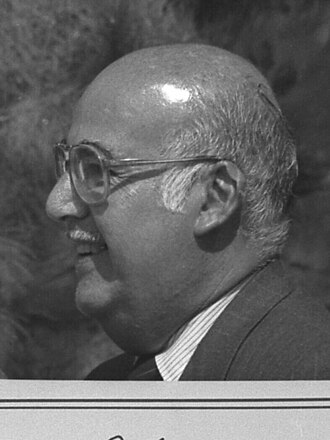
Sherman Block (July 19, 1924 – October 28, 1998) was the 29th Sheriff of Los Angeles County, California from January 1982 until his passing. Born to a Jewish family in Chicago, Block's grandfather was a chazzan in Vilna, and he was raised in an Orthodox Jewish household. After serving in the United States Army during World War II, Block moved to Los Angeles and joined the Los Angeles County Sheriff's Department as a deputy sheriff in 1956, climbing the ranks to become the first deputy to reach the top position. During his tenure, he made headlines for arresting comedian Lenny Bruce for obscenity. Known for his significant impact, Block's legacy lives on through the Sherman Block Supervisory Leadership Institute (SBSLI), created in 1988 to foster personal growth and ethical leadership in California law enforcement. Despite his unexpected passing during a re-election campaign, Block's influence on law enforcement and his dedication to ethical decision-making continue to be recognized and honored.
All images displayed on this page are sourced from Wikipedia or Wikimedia Commons.We use these images under their respective Creative Commons or public domain licenses. Wherever applicable, author attributions and license information are provided. If you believe an image is used incorrectly or outside its license terms, please contact us so that we can review and correct the issue.